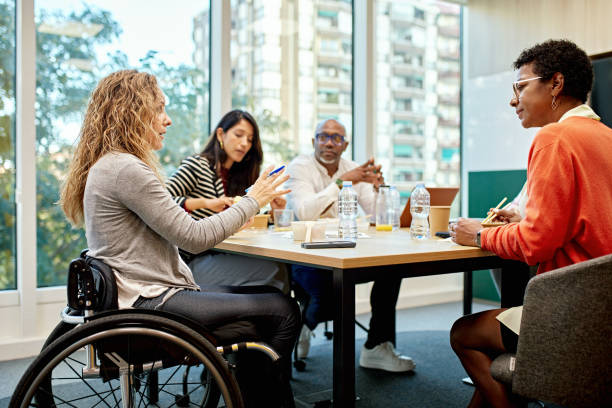The Fine That a Major Airline Received for Its Treatment of People with Disabilities Doesn’t Get to the Heart of The Problem, By: Jason Hahr

One aspect of traveling that has not always been disability-friendly is flying. In an article I wrote for this blog earlier this year, I highlighted a prototype of a wheelchair accessible seat on a plane. That post discussed what the future may hold for travel. Today's post will discuss how I envision us reaching our goal and the steps we can take to accelerate our progress. Anyone who knows me knows that I love to travel, but planes are not usually accessible to me. People with disabilities often struggle to navigate the aisle, as I noted in my previous article. We have been permanently grounded up until this point in history. However, one airline may be forced to help us spread our proverbial wings. Late last year, an article written by Michelle Diament for Disability Scoop shed light on the U.S. Department of Transportation finally stepping up and holding airlines accountable for their treatment of people with disabilities. The article, which I will link to at the bottom of this...




